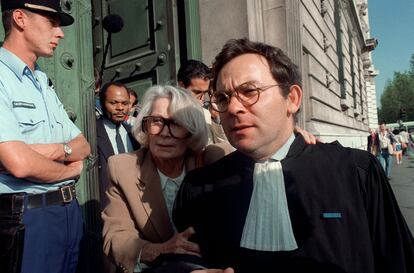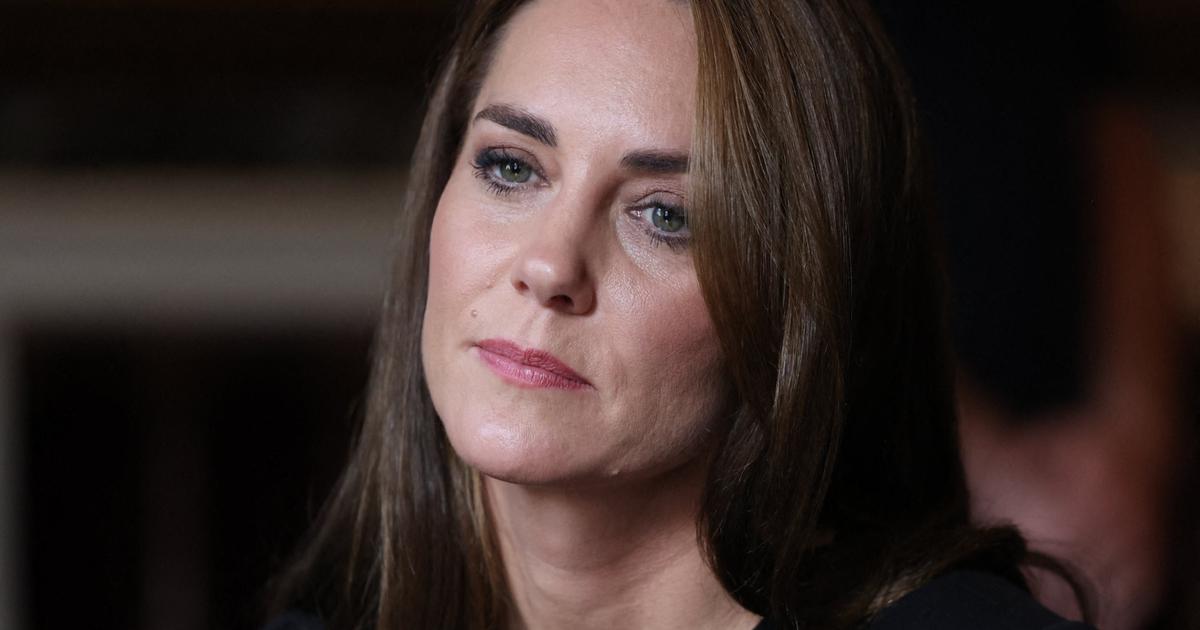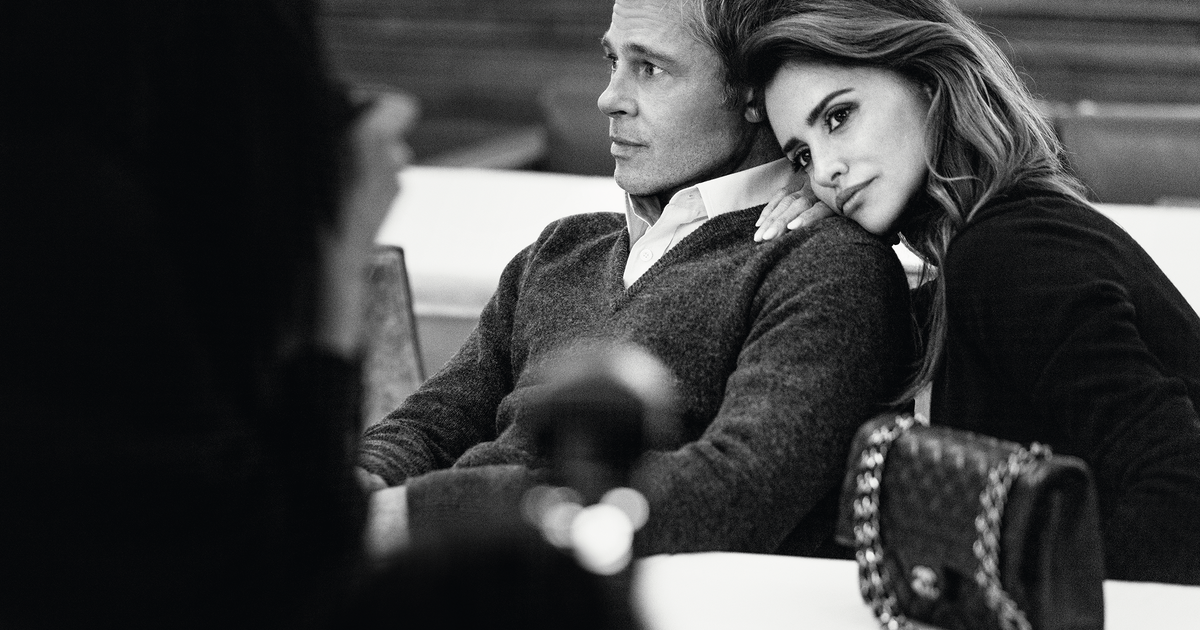Madame Claude
, the biographical film about the most famous pimp in France, has landed on television through Netflix and shows the influence that came to have, the empowerment of a woman in a world usually run by men, but also all the lies and complexes that surrounded this character.
Sylvie Verheyde has been in charge of directing the film that premiered on the platform last day 2 and has wanted to portray the lights and shadows of who was at the same time admired and feared, and rejected in an exultant France that some long for and for others are as despicable as the
madam
who triumphed in it.
France wonders about the abolitionist model of prostitution
The French Constitutional Council endorses penalizing the client of prostitution
Madame Claude knew the passions of the human race and said: “There are two things that work in life, food and sex.
And I was never gifted in the kitchen ”.
It was so clear to him that he dedicated himself to the latter and his prostitution network reached its peak in the sixties and early seventies, with
luxury
call girls
of whom it has been affirmed, without Claude ever denying it, that they lent his sexual services to John F. Kennedy, the Shah of Iran or Giovanni Agnelli, the mythical Italian businessman boss of Fiat.
She did not like the term pimp and claimed to "sell fantasies" and thus became an important sex entrepreneur, a role usually reserved for men and which led some women to see her as an example of self-made female .
This is how
the film's director
tells it in
Madame Figaro
, who relates that for her mother, who was a provincial of modest origin, “Madame Claude was a kind of model.
She had managed to get to Paris and become someone important there who had freed herself from the status of wife and daughter-in-law, at a time when women only had two paths: the factory or marriage ”.
That was the reason that led Verheyde to investigate the character of Madame Claude: the fascination for a pimp who was “half heroine, half monster, something that has interested us in other characters as fascinating and at the same time repulsive as the drug dealer Pablo Escobar or the terrorist Carlos ”, explains the director of the film.
Among his discoveries is that part of the myth was built on lies.
Madame Claude, who was actually called Fernande Grudet, invented a bourgeois childhood, an industrial father, a refined education, and even a past as a fighter in the French Resistance.
In fact, she was born in Angers, a town in the Loire region, where her father had a bistro and after being a single mother, she went to Paris adopting the name Claude, a name that in France is valid for both men and women.
She created her luxury prostitution business in the late 1950s.
A prosperous company that he managed by phone and for which he charged those he called “his daughters” 30% of the proceeds for their services.
For 20 years she directed a network of 150 girls whom she trained, dressed, educated and used, most of them young aspiring models or actresses who had not become successful.
But the situation changed in 1976 with the arrival of Valéry Giscard D'Estaing to power in France and his decision to crack down on prostitution.
The French tax authorities condemned Madame Claude to pay 11 million francs of the time (almost 1.7 million euros), and faced with the impossibility of paying them, she went to Switzerland, married there to obtain nationality and then fled to the States. Joined.
In Los Angeles, she decided to open a bakery and to get a residence permit she remarried, although this time, before getting the famous
green card,
someone reported her to immigration services.
That was the reason for his return to France, where he served four months in prison and, after trying his luck selling jeans in Paris, he returned to his old job creating a new prostitution ring that the police dismantled a year later.
She returned to prison and from 2000 she lived alone in a small apartment on the Côte d'Azur until she died in 2015, at the age of 92, in a hospital in Nice, after a period of economic hardship and forgotten by almost everyone.
Fernande Grudet, better known as Madame Claude, arriving at the Palace of Justice in Paris in September 1992. JOEL ROBINE / AFP
But the supposed idyllic life of her glorious years was not so idyllic because Madame Claude based her power on the pillow secrets she knew through the prostitutes who worked for her, and "her daughters" did not lead such a rosy life. as the power of the lifestyle of his clients and the publicity that his pimp spread.
Karole Rocher, the actress who plays Madame Claude in the film, says in the French magazine
Madame Figaro
that what moves her about the character is "his bitterness, his cynicism and his poverty complex."
Despite the fact that some have wanted to place the film as a vindication of female empowerment, Rocher speaks clearly about the time in which the story she plays and about the character takes place.
“I would not have liked to live in a time when abortion was a crime and you had to ask your husband for permission to buy a dress.
I am happy to live in my time and especially to be the age that I am, because I find that today we ask too much of 20-year-old girls.
They need to be strong, succeed, lead at least one fight (feminist, ecological…).
It's a lot of pressure for some teenagers.
I raise my four daughters telling them: 'Trust yourself, listen to your heart and above all take time', because we spend our lives getting to know each other ”.
And about the character he says: “It's interesting but murky.
I am an actress who is lucky enough to play a strong and complex female lead.
You don't ask a man who plays a pimp in movies if his position is political, so I don't see why he should take a position when I play a long-haired gangster! "
The real Madame Claude, despite dying alone and in poverty, considered her life "out of the ordinary" and never boasted of her influence because the secrets that could have caused the Republic to explode, as
Paris-Match
claimed
after her death in 2015, they were really his best deal.









